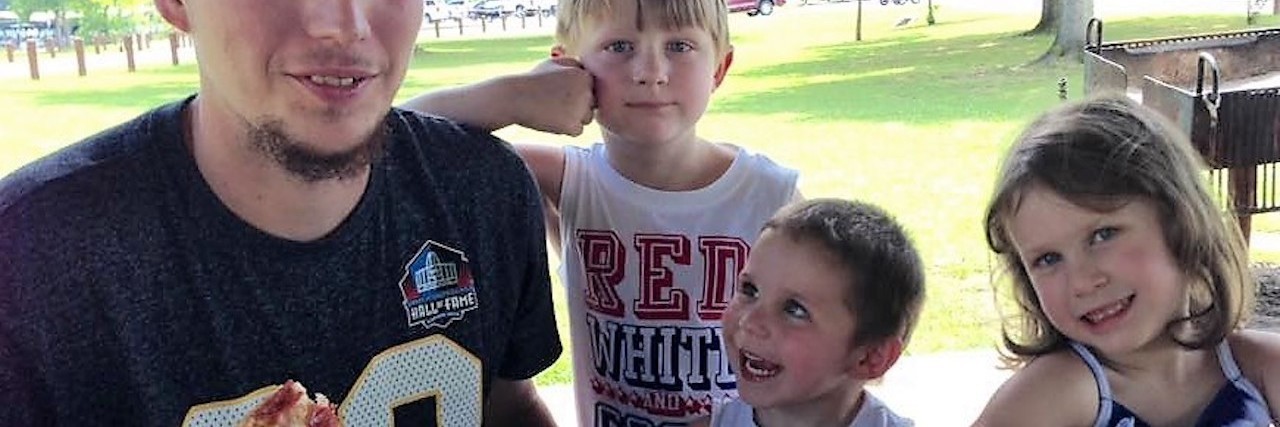I am raising three unique individual humans. I have a 6-year-old boy who is not a morning person, is smart but “lazy” and has a huge heart. My 4-year-old daughter loves all things creepy, is so sassy and is a mother hen. My 3-year-old son is the happiest child you will ever encounter; his favorite things are dinosaurs, trolls and clothes hangers. He is nonverbal and happens to be on the autism spectrum. Although this doesn’t define him as an individual, it is a part of who he is.
It wasn’t long before my oldest children started noticing their brother was “different.” It was a struggle to figure out exactly how I was going to explain his diagnosis to them. I didn’t want them to treat him different, yet they had to understand why he does the things he does. I did what many autism mothers do: I researched. I scoured the internet and read books. When it was all said and done, I realized every family is unique and will have their own way of doing what is best.
Here are a few things that have worked for us:
1. I explained how their brother was different but how he was the same. He is still a child. He wants to play and have fun like any other child. He also hates certain things like crowds of people and sudden noises. He likes his own space, which is a hard one for his mother hen sister. She adores him and wants to take care of him. Sometimes he just wants his space.
2. Although he is nonverbal he can still hear and understand the things we are saying. These are reasons why we avoid things like calling him “the baby” or just talking about him in general like he isn’t in the room. I’ve also explained why we never, under any circumstance, use the r-word.
3. When finding books or materials to help explain autism to them, I avoided anything that used the word “special.” I didn’t want them to think that he was more special to us than they are. This is also why I try to spend one-on-one time with each child whenever I can. They understand their brother does need extra attention at times with therapies and accommodations. I still make a point to let them know they are each equally important to this family.
4. When he gets excited he may bite or pull hair. His siblings are not immune to this. I had to explain he doesn’t mean it in a mean way. At first, they thought their brother didn’t love them when he did these things. They now call it “brother lovin’s.” This is something we are working on with things like chew jewelry and recognizing when this might happen. The kids have become pretty good at getting out of dodge.
5. They worried their brother didn’t love them because he doesn’t say it. I explained he expresses his love in many ways. Although he may not always want a hug or to be crowded around, he often will go and sit next to them. Sometimes he will lean his little head down for you to kiss the top of his head. One thing the kids love is when he holds out his hand wanting them to give him “squeezes.” That’s some of the many ways he shows he loves them.
Every child and every family is unique. These are just the things we have encountered and ways we have explained autism to our children. His sibling’s reactions to things are often opposites. His older brother isn’t bothered as much by the fact he doesn’t want to hug a lot, while his sister wants to chase him around the house demanding a kiss. Things we have done or ways we have explained may not work for your family. You know your family and your children best.
We want to hear your story. Become a Mighty contributor here.

